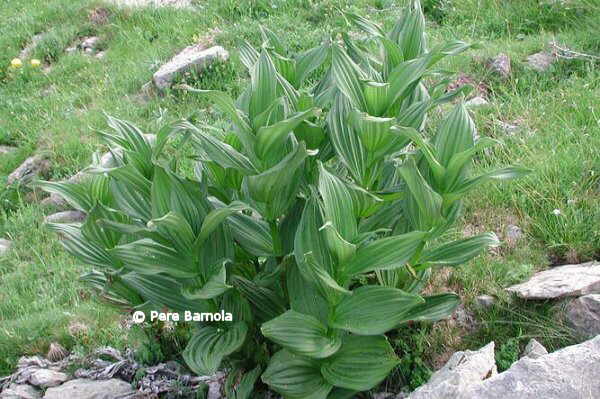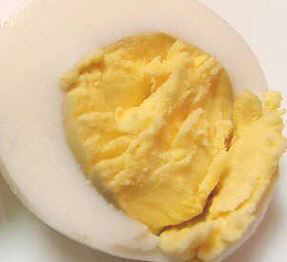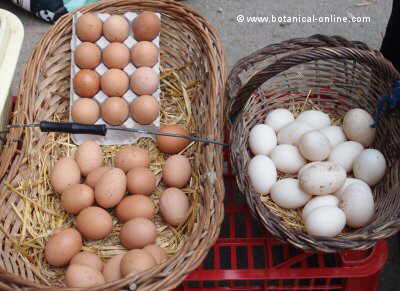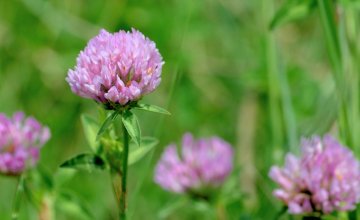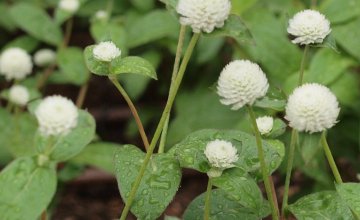Contents
Vegetarian diet for lupus
LUPUS ERYTHEMATOSUS FOOD
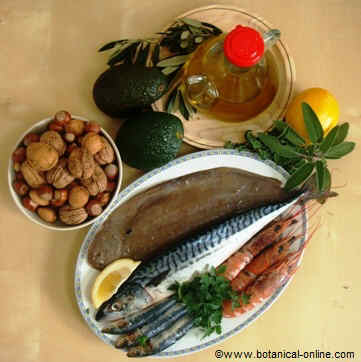
Sources of healthy fats for lupus: olive oil, avocado, nuts, and oily fish.
What does lupus diet consist of?
Diet for lupus is aimed to provide, through a balanced diet, these food nutrients, vitamins and minerals to help improve the symptoms of this disease, or to prevent further outbreaks.
The diet is not a cure for lupus disease but it may improve its symptoms and enhance the benefits of dietary supplements.
Personal intolerance: Avoid foods that you feel bad or you feel that you have intolerance, even being beneficial.
There is no essential food in the diet and the nutrients found in food may be present in another that feels better.
All dietary changes should be supervised by your doctor.
Recommendations for lupus diet
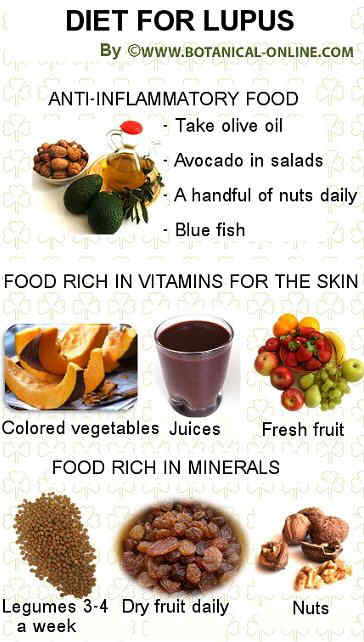
A summary of foods a diet for lupus should contain
- Try to avoid dry foods, especially if digestive affectations such as dry mouth, difficulty swallowing or gastritis. Roasted dishes without oil should be avoided, also baked, or grilled.
Olive oil is a good helper to get this kind of desired texture, and it also provides anti-inflammatory properties.
Take a protein intake at each meal, especially if there is depression, since proteins contain essential amino acids for brain function.
Moderate salt intake: It is not required a strict diet without salt, but keep in mind that sodium can contribute to fluid retention that corticosteroid medication for lupus causes.
Maintain good hydration throughout the day.
Eat in a calm and relaxed atmosphere.
Plan weekly menus.
* More info: Samples of weekly menus for lupus.
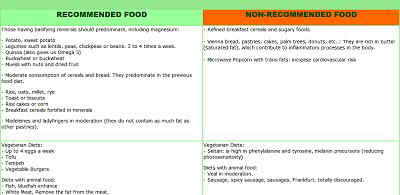 Recommended and non-recommended foods for lupus
Recommended and non-recommended foods for lupus
Food for Lupus
- Omega 3 fats: Omega 3 essential fats have antiinflammatory properties.
To reduce the inflammatory processes of this disease, Omega 3 fatty diet must be increased, and you should try to reduce the consumption of animal fats.
A diet low in saturated fat and rich in Omega 3 reduces inflammation in the body:
Some alternatives could be the following:
- Consume dairy fat : milk, cheese or yoghurt contain cholesterol and saturated fats to avoid. In the market there are milk products with Omega 3, such as “milk with Omega 3”. They can be replaced by calciumenriched vegetable milk.
- Olive oil for dressing and cooking: Omega 9 fats contributes to antiinflammatory effects. Preferably choose extra virgin olive oil.
- Increase Omega 3 in the diet: every day you should take Omega 3 rich foods such as fish (especially oily fish), vegetables 34 times a week, a handful of walnuts, hazelnuts, almonds, or avocado salad.
Other foods rich in Omega 3 are: quinoa, flaxseed, legumes such as soy or chickpea, chia seeds, strawberries, broccoli and cauliflower.

Photography plant foods: they must be present in the diet because they have beta carotene and vitamins important for the skin.
Reduce consumption of phenylalanine and tyrosine: these two amino acids precursors of melanin, a skin pigment that increases the absorption of sunlight. High levels of melanin can cause more severe skin rashes, since people with lupus have a greater amount of photosensitivity. There are some ways of achieving this:
Take fish better than meat: Meat is very rich in amino acids described above. Fish offers the benefits of Omega 3 and vitamin D. Beef is rich in phenylalanine, so it is not recommended.
Avoid aspartame: Aspartame is an artificial sweetener that is mainly composed of phenylalanine. Please check the packaging labels not take this sweetener. Some skim products may also contain aspartame (fat yogurt, etc..)
- Eggs in moderation: you can take up to 3 eggs a week, taking care not to exceed this ration due to the high cholesterol content of eggs. We can choose eggs rich in Omega 3.
- Calcifying Diet: Diet should be balanced in calciumrich foods for people with lupus, especially for those taking medications with cortisone. Lupus medication exerts decalcifying effect for bones. We can follow the following guide:
Follow a diet rich in calcium and low in phosphorus. Meat, sausages and gas lines are sources of phosphorus that we should avoid taking regularly. (See calcifying diet)
The main course must not be paste: choose richest sources of minerals than cereals, such as quinoa, legumes (from 34 times a week), or tubers such as potato, sweet potato, Jerusalem artichoke, chufa sedge, etc.
- Avoid refined grains, which are poor in minerals. It is recommended that snacks (breakfast, lunch) contain dried fruit or nuts.
Dried fruit and nuts are very rich in minerals and should be taken daily, although moderately.
Increase consumption of vegetables: most plant foods are foods rich in basifying minerals that collaborate in bone nutrition.
Take vitamin D supplements to improve bone mineralization.
- Pineapple, an antiinflammatory fruit: Pineapple contains bromelain, an enzyme with antiinflammatory and antiarthritic properties. Scientific studies suggest that this fruit may improve symptoms of inflammation in people with lupus.
The same studies showed that when combined pineapple consumption with turmeric (such as a spice in food), the antiinflammatory effect is greater.
- Diet rich in beta carotene and vitamin E: they are provitamin A (beta carotenes) and vitamin E, which have protective properties for cell membranes and skin. We can achieve this by doing this:
Carotenoids are present in brightly colored vegetables like carrots, squash, beets, spinach, arugula, fruits like mango, persimmon, watermelon, peaches, apricots, or papaya. It is advised to take carrot juices (with apple or other fruit to give them better flavor), as reinforcement of antioxidants and carotenoids.
Vitamin E is present in nuts and olive oil.
Pollen is a suitable supplement to increase the dose of betacarotene in the diet. You can take it with yogurt, in carrot juices or in capsules if you do not like the taste. (Take 24 tsp a day)
Carrot juice is very suitable for lupus, because carotenoids enhance the skin erythema and protect cell membranes from inflammation. Furthermore, we can enrich juices with pollen to increase the dose of beta-carotene. |
Take foods rich in selenium: Selenium is a mineral with powerful antioxidant properties that help treat body oxidation. It is a very interesting supplement for autoimmune diseases such as lupus, because it can help lower inflammation.
Drink plenty of water: Hydration is essential for the health of the organism.
What eating habits should I avoid if I have lupus?
One should avoid:
Excess of calories: too caloric diets can worsen this disease. You should take the food rations a balanced diet requires.
Diets high protein: protein excess worsen the symptoms of the disease, especially those associated with photosensitivity. It may also increase skin erythema.
- Foods rich in fat: avoid a diet rich in fats. The fats in our diet should be mainly: olive oil, oily fish, avocado or nuts.
It is NOT usually recommended to take food too rich in fats, nor food containing trans fats as they can increase inflammation in the body if taken frequently.
Among these foods we have: precooked sausages, fatty meats, cheeses, fatty cheeses, cheese spreads, microwave popcorn, pastries, cakes, fried potatoes bag, fried snacks, etc..
Do not do dietary excesses, especially, to avoid eating: too much meat, fish, eggs, fried foods (excess fat), nuts or legumes, due to the high content of phosphorus, protein or fat (in the case of nuts).
What foods can be eaten in larger amounts?
Foods that can be eaten in greater quantities are fruits, vegetables, dried fruit, chestnuts, vegetable drinks such as soy milk, almond milk, hazelnut, oat, etc.., Vegetables and tubers.
![]() More information on lupus.
More information on lupus.

